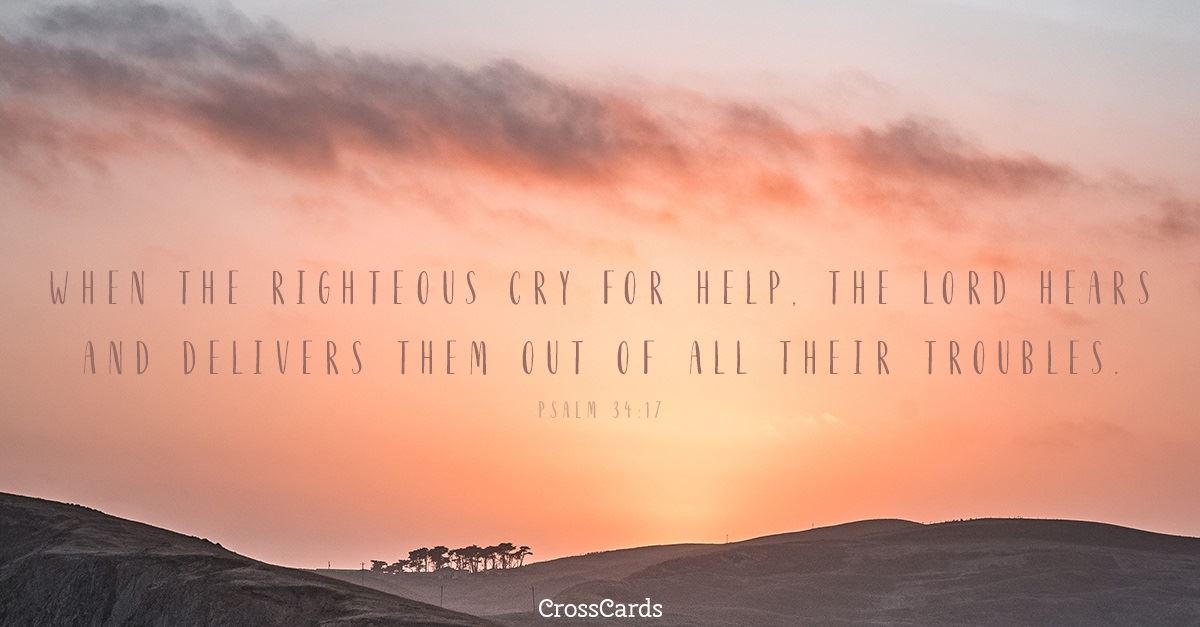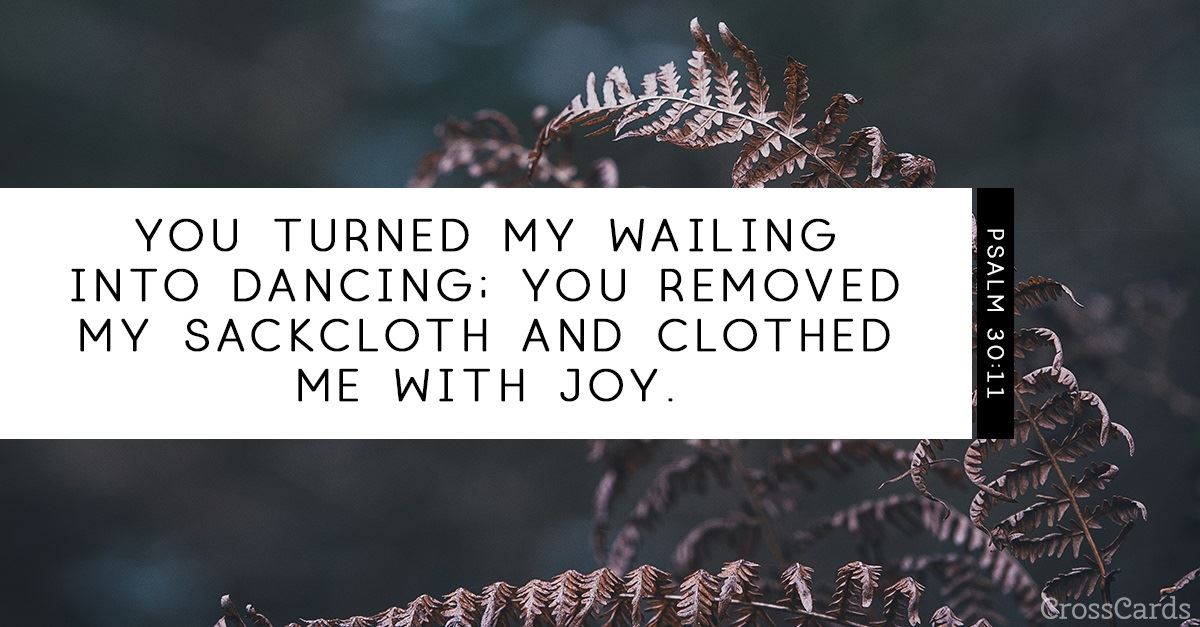
A friend recently said, “There’s no good time for bad things to happen.” And in the wake of losing my father, I agree. I’m parenting five kids while grieving the loss of the most impactful person in my life. My heart wants to curl up by the fireplace in a log cabin mountain retreat, poring over old photos and letters. But reality has me tending to the daily tasks of motherhood: preparing PB&J, kissing boo-boos and moderating sibling squabbles.
This is the harsh reality for moms who lose loved ones. Life marches on, even in the midst of our paralyzing grief. The daily responsibilities still accumulate, and we are forced to put one foot in front of the next. How do we function and grieve at the same time?
Through the heavy grief, God has provided me with glimpses of His comfort and provision. And He has done so by sending His people to minister to me. I have learned so much about caring for those who are grieving through friends who have loved me well.
If you are walking through a season of loss, I am so very sorry. Know that you are not alone. I hope these tips encourage you:
1. Accept help.
If you are part of a vibrant, gospel-centered church community, brothers and sisters in Christ will step out to help you. When they say, “Can I bring you dinner? Can I take your kids to soccer practice? Can I do a Costco run for you? Can I come empty your dishwasher or fold a load of laundry? Can I sit by your side and listen while we cry together?” Say YES.
As the church body, we all take turns needing each other. When we readjust our lives after the impact of losing a father, mother, sister, friend—we will need to lean on one another. God uses ordinary people to minister to us. Don’t prevent your brothers and sisters from serving you by trying to do everything on your own. If someone offers, and if you could use the help, just say “Yes, please!” and thank God for providing help in such a tangible way.
2. Drink in the Psalms.
Who doesn’t love the Psalms? But in processing grief, my appreciation for the Psalter is reawakened. In my own despair, I can more clearly identify with the despair of the Psalmists. Those guys really suffered! Loss, betrayal, grief. They have been through it all.
And in the midst of their suffering, they were willing to utter some surprising questions about God. “Will the Lord reject forever? And will He never be favorable again? Has His lovingkindness ceased forever? Has His promise come to an end forever? Has God forgotten to be gracious?...” (Psalm 77:7-9a NASB)
These statements initially gave me pause. I found myself wondering, “Are we allowed to say this in our prayers to a holy God?” And yet, our loving Father not only allows it—but provides examples, paths for us to express our soul-searing pain in His word. He lights the way for us to process these deep places of despair: We name our feelings, we remind ourselves who God is, what He has done, that He is faithful. And we re-anchor our feelings in truth. These Psalms have provided emotional gravity in my grief: Psalms 30, 34, 40, 63, 77. Psalm 77 in particular, from beginning to end, has deeply ministered to my grieving heart, guiding me from despair to hope.
3. Give yourself permission to cry. A lot.
In the crushing pain of loss, my tears flow like Niagara. I’m tempted to shove them down and refuse them. Too inconvenient. Too many. Runny mascara is just too messy. But I remember, God keeps track of not only every hair on my head, but every tear I cry (Psalm 56:8). Our feelings matter to Him. And the loss of my dad? Of your loved one? That person is worth every tear we cry.
4. Find a person willing to process with you.
You can’t walk this road alone. While your relationship with your loved one was unique to you, the loss is just too big to carry by yourself. Maybe it’s your husband or sister, maybe a trusted friend or pastor. Find a willing friend who will listen to you and remind you of God’s truths in the midst of your grief. And allow them to walk beside you.
5. Remember them.
When you are up to it, give yourself time and space to remember the person who changed your life. Read the emails, listen to the voicemails, study his handwriting, frame the photos.
My mother-in-law, who has experienced tremendous loss in her own life told me recently, “The memories you have of your dad that are making you so sad right now? One day, they will make you really, really happy.” She gave me a taste of hope that my heart won’t feel split in half forever. Joy and healing will come. And she testified to that firsthand.
6. Listen to those who have gone before you.
Because of the fall, death and loss is a part of life as long as we live on this earth. It is unique to exactly none of us. All around you people are carrying grief and pain and loss. Look to those whose faith you want to emulate; whose own journeys have strengthened them and glorified the Lord. And sit at their feet, if they are willing to share.
Maybe that’s a friend in your community, or maybe it’s through a book or podcast. I have gleaned much wisdom from Tim Keller (Walking with God Through Pain and Suffering) and Nancy Guthrie.
7. Be encouraged that this pain is not forever.
There will come a day when all of our mourning, sadness, and pain will end. And that will last forever, for those who trust in Jesus. “He will wipe away every tear from their eyes; and there will no longer be any death; there will no longer be any mourning, or crying, or pain; the first things have passed away” (Revelation 21:4 NASB).
And until then, we pray and trust and hope in a God who can use even our most painful losses to bring about good.
Molly DeFrank is a mom and foster mom to five kids under ten. She writes about faith and motherhood—the hilarious and the hard; the fun and the maddening; the beauty and the blunders. She loves to share encouragement and laughter with women just like her. You can find her on Facebook, Instagram, or her website,www.mollydefrank.com.
Photo Credit: Getty Images/arvitalya










